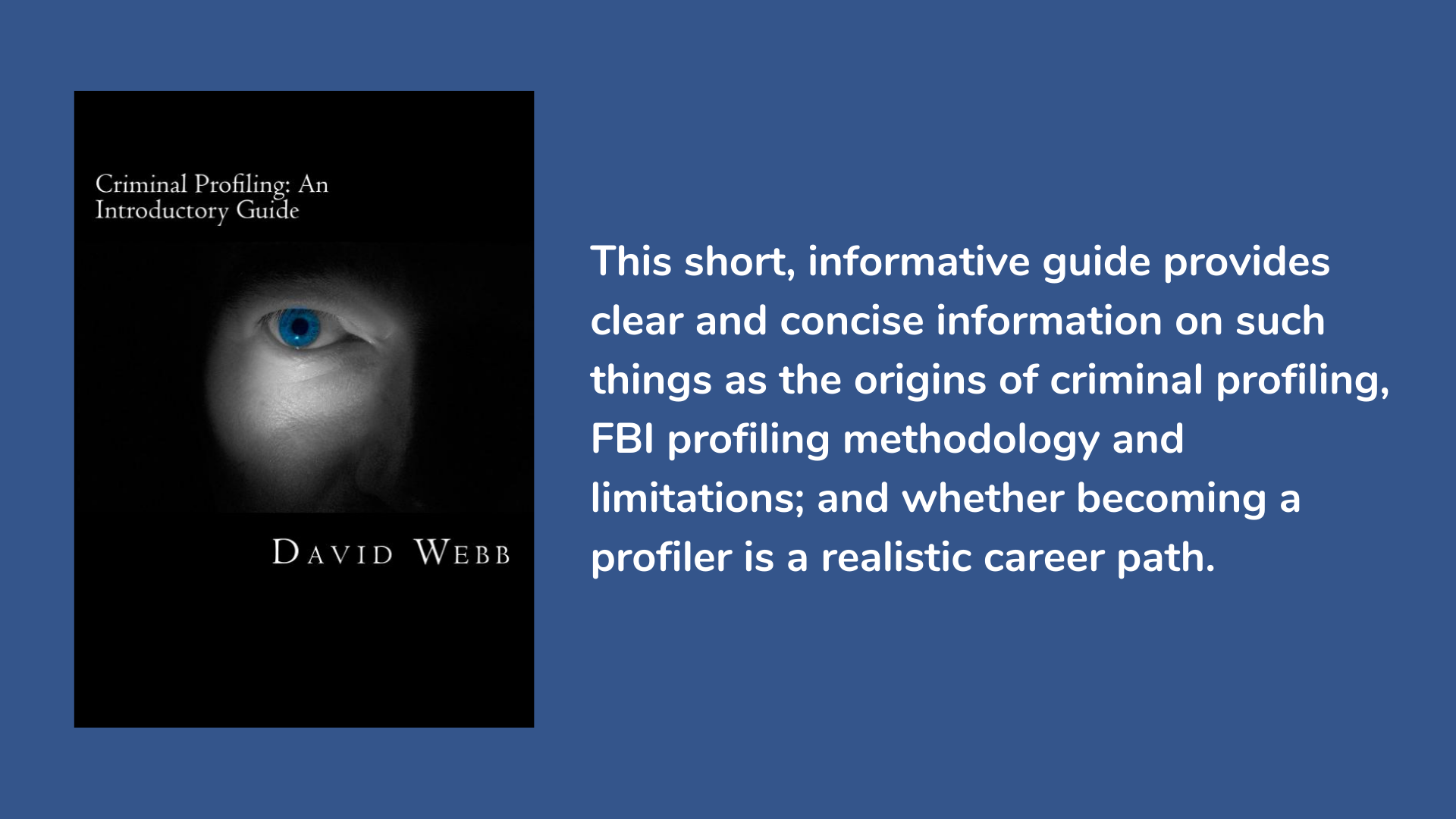Criminal Profiling
by Craig Martin
(Reston, Va, USA)

This forensic psychology 2.0 submission is in response to the article on criminal profiling that was published in The New Yorker.
Entitled Dangerous Minds, the article was featured in a recent forensic psychology blog post.
If you would like to take a look at article before reading my thoughts on it, just click on the following link. criminal profiling
My Opinion
I believe it is important to remember, that Psychology is still relatively young (compared to other sciences) and the functions of the brain are still not completely understood. True, psychology within the philosophical context can be dated back to the early civilizations of China and Egypt. However, the actual study of experimental and clinical psychology only date back to 1880 with Wundt, Forensic Psychology with Jack the Ripper and more intensely and the turn of the 20th century, including Sherlock Holmes.
Criminal profiling is a tool. One of many that is to be used in conjunction with a host of others. Criminal profiling is not meant to be used a sole weapon to catch criminals, only to narrow the margin of suspects. Some people are just better than others at paying attention to detail, understand human behavior, and psychopathic/ sociopathic influences and illnesses.
In today's world we can not just focus on one or the other psychological theories of cognitive, behavioral, developmental, humanist or personality, but a mixture or combination of all. Nothing is ever neat and perfect in the real world. There are always unexpected variables. Most crime scenes are a mixture of Organized and Disorganized, most criminals are not as TV portrays and crimes are not solved in an hour.
The work and progress Brussel, Douglas, Ressler and the other "fathers" of criminal profiling have given us is emphatically important as they have provided the foundation for the science to be built and we grow, learn, understand and more about behavior and the criminal mind.
